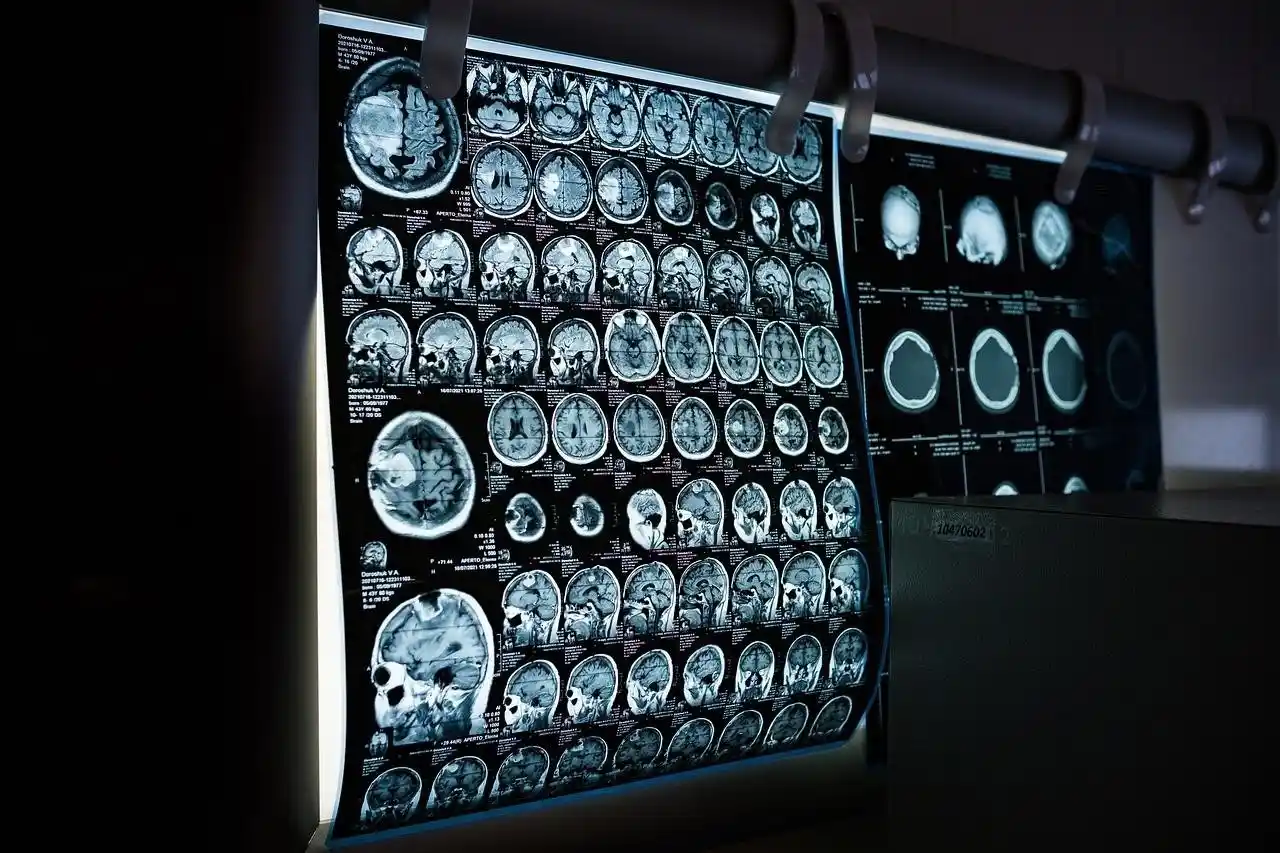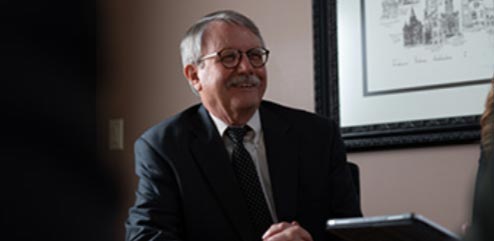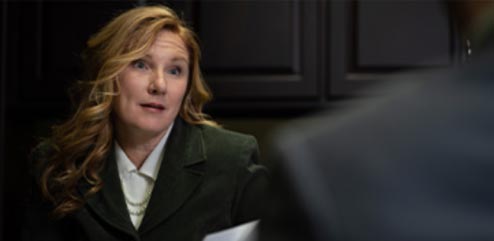
Carmel Traumatic Brain Injury Lawyer
At Christie Farrell Lee & Bell, our Carmel traumatic brain injury lawyers have spent decades helping people just like you build evidence-backed cases that reflect the full impact of a TBI. Whether your injury resulted from a car crash, fall, or act of violence, we help determine whether someone else’s carelessness led to your trauma and aggressively pursue the compensation you’re entitled to under Indiana law.









